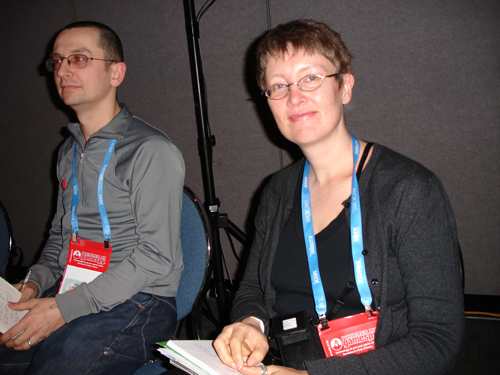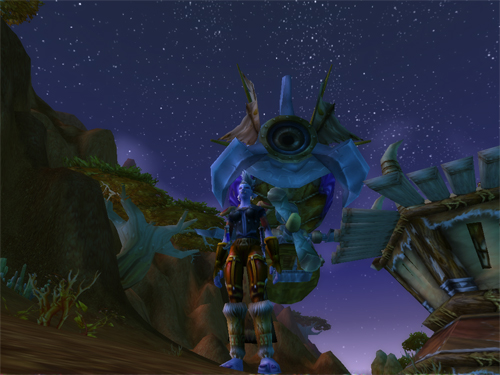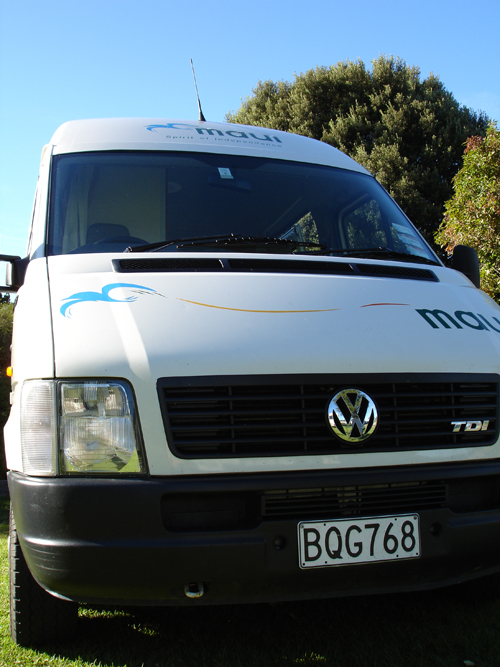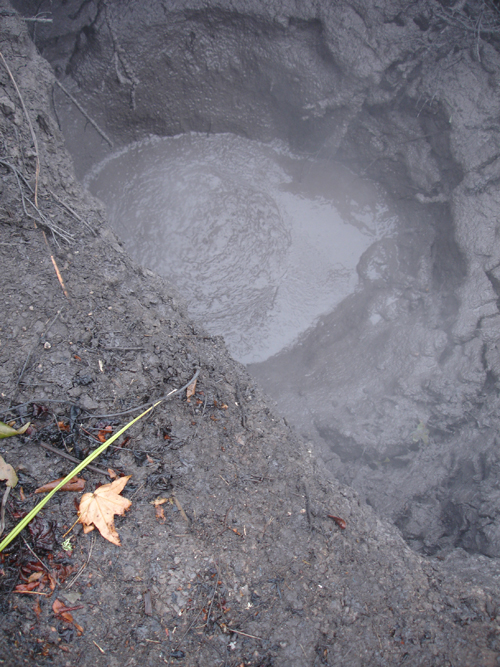At the moment the most discussed piece of advice in this set is one that concerns the state of the sources journalists use. What has triggered this discussion is the way Norwegian papers increasingly use weblogs as sources: particularly as they have created weblog domains where papers can use the words of the bloggers freely in their news stream, without paying an øre for it nor needing to put it through the regular editorial process. It's not written by anybody in the paper, it's written by some individual who will then personally have to carry the weight of any imprecisions in the blogpost. So: No economic loss and no legal responsibility, just free, fun content.
This is the text in the poster, the text the general public keep refering to and ask why the media don't obey when it comes to a certain practice of the news houses:
3.9. Opptre hensynsfullt i den journalistiske arbeidsprosessen. Vis særlig hensyn overfor personer som ikke kan ventes å være klar over virkningen av sine uttalelser. Misbruk ikke andres følelser, uvitenhet eller sviktende dømmekraft. Husk at mennesker i sjokk eller sorg er mer sårbare enn andre.
To translate: Be considerate in the journalistic process. Particularly show consideration to people who can not be expected to be aware of the effect of their statements. Do not abuse the feelings of others, their lack of knowledge or lack of ability to understand the extent of their actions and words. Remember that people in shock or grieving are more vulnerable than others.
There is a popular belief that this actually protects people who are in touch with the press from things like their own stupidity. So if you post something on your blog (or elsewhere on the net) which you really have no way to understand the extent of, the journalists will be sensitive and understanding, adhere to the poster and not use it on the front page. Right?
Yeah right.
The point is: If you have posted something incredibly stupid on the net, YOU have published it, not them. Even if you write a description of your mental state (having just downed 20 pills of valium, just to choose a recent example which by the way seems to have disappeared without a trace due to what I hope is some lingering sense of propriety) it doesn't matter. You see - it's already out there. You did it, published it for the world to see with your name on it, and it's free to be used - at least cited if not just grabbed as is, if it's been posted on one of the paper-owned blog sites.
It's not the journalists' job to protect you from yourself once you decide to be your own editor. It's only their job to do that as long as you accept the restrictions of their particular news service. And even then, they are just adviced to do it. If your words would make the breaking news and up their numbers then sorry, but your tale was just too important to keep it from the public and you had to be allowed to speak, even if you were raging at the camera with your dead child in your arms. Particularly then.
I know, I have worked with public information and media in general too long to have a whole lot of illusions left, and I also know: there are a lot of decent journalists out there doing a great job. My heart leaps with pride when I read or watch something really good and I occasionally recognize the name of one of our former students (plenty of them out there). But it doesn't take a whole newsroom full of bad journalists to expose your particular tale of pain and suffering. Be your own editor. Use the "be careful" poster on your own publishing, and remember, you have potentially billions of readers, including a lot of people you don't really want to have reading what you just wrote.















